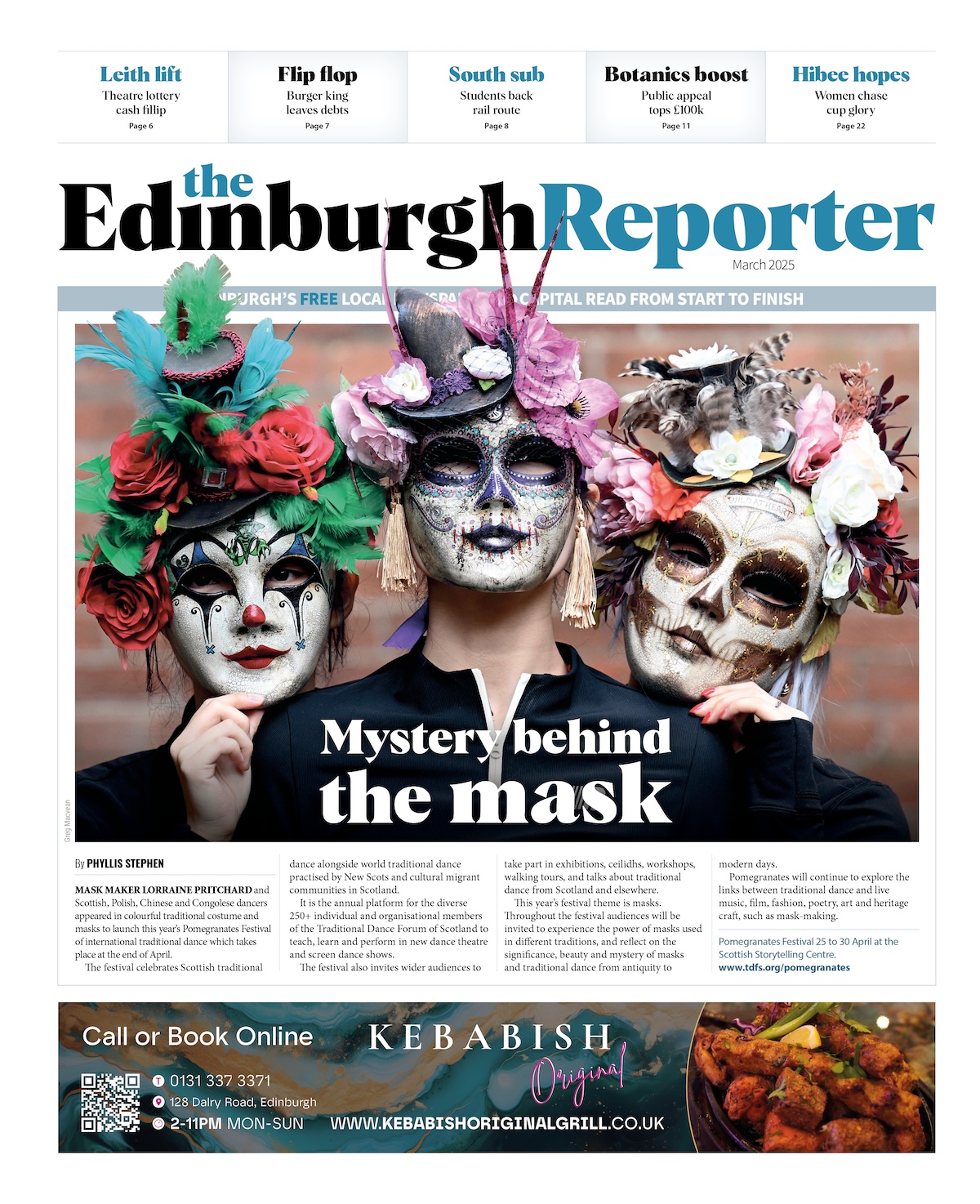Zinnie Harris’s epic drama crosses several centuries and brings up a host of themes – but it left me rather perplexed. Opening in 19th-century Spain, where preparations for a wedding are brutally interrupted when the house is invaded by soldiers, the play charts Beatriz’s quest through countless conflicts to return a strange, silent child to her exiled father, and suggests that the woman will forever end up where she began, repeating an endless cycle of violence.
In combining naturalistic scenes with a heavily metaphorical structure, which takes in the First and Second World Wars, Vietnam and Iraq, the play seems to raise more themes than it can comfortably deal with: mankind’s ceaseless need for conflict; the corruption of innocence; our perception of children as angels or devils; women’s nurturing instinct even against a backdrop of violence. It’s bold and ambitious, perhaps over-ambitious, yet among the serious rhetoric there are flashes of humour and moments of warm humanity.
Catherine Walsh as Beatriz is fearless and determined, and Rebecca Benson gives a creepily focused performance as the child. Merle Hensel’s stunning, war-scarred set is all twisted metal and dark corners, lit atmospherically by James Gardner.
There’s just the nagging suspicion that this parable may be trying to teach us too much.
The Wheel, Traverse Theatre, until 28 August, times vary










